|
This June, 370 million European citizens will be called to vote in the European Parliament elections. In a year in which a large part of the world’s population will have the opportunity to elect their political representatives, Europeans are voting in a climate of high political polarisation, amid evidence of the rise of the far right, with two major armed conflicts on the EU’s doorstep as well as global challenges that impact on the local population. Plus, this is the first time elections are taking place without the United Kingdom – although in 2019, in the midst of the process of leaving the European Union, its participation was more symbolic than real.
The Conversation Europe wants to address issues that are either on the agenda for these elections or should be, because they concern, and worry, European citizens. Today we begin by looking at the Common Agricultural Policy, the current farmers’ protests (which have been organised at a supranational level) and the need to update regulations to provide solutions to the challenges faced by their sector.
We also focus on the European Media Freedom Act (EMFA), a law that aims to harmonise European regulations on media freedom, pluralism and editorial independence. The intentions are good, especially in an election year when disinformation will be rife. But is it up to the EMFA alone to ensure that we have an independent, rigorous and honest fourth estate?
In Germany, Daniela Klette, a member of the German terrorist group Baader-Meinhof, was recently arrested. Although the government welcomed the arrest, the fact remains that the country has not yet been able to put an end to the far-left terrorism that intimidated its citizens three decades ago.
An analysis of dissidents in Russia throughout the decades suggests that, unfortunately, the messages that transcend are, sadly, those of the people who are arrested or who end up dying for the cause.
And a new study indicates that the first Europeans arrived in Ukraine 1.4 million years ago.
|
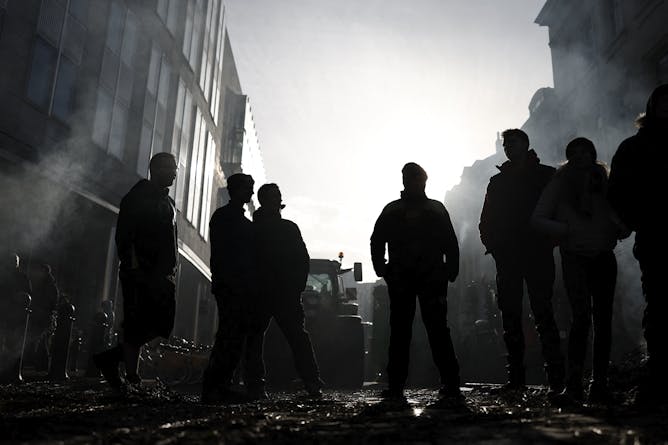
Xavier Hollandts, Kedge Business School
The end of CAP quotas has forced European farmers to compete with each other. The result: lower incomes, greater uncertainty and less bargaining power with distributors.
|

Francisco J. Pérez Latre, Universidad de Navarra
The European Media Freedom Act aims to fight misinformation and ensure an independent press, while also keeping media outlets in business.
|
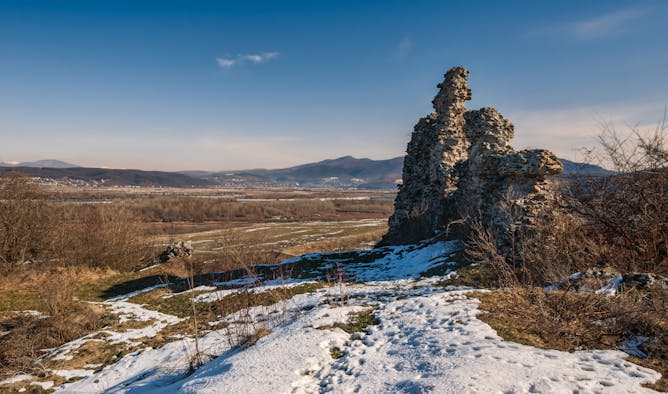
John Jansen, Czech Academy of Sciences
A new study reveals the earliest evidence of humans in Europe, at Korolevo, Ukraine, shining new light on prehistoric migration routes.
|
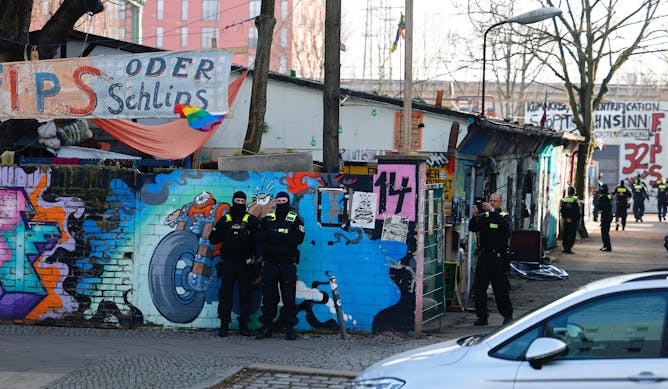
Claudia Hillebrand, Cardiff University
Daniela Klette was working as a maths tutor in Berlin under an assumed name.
|
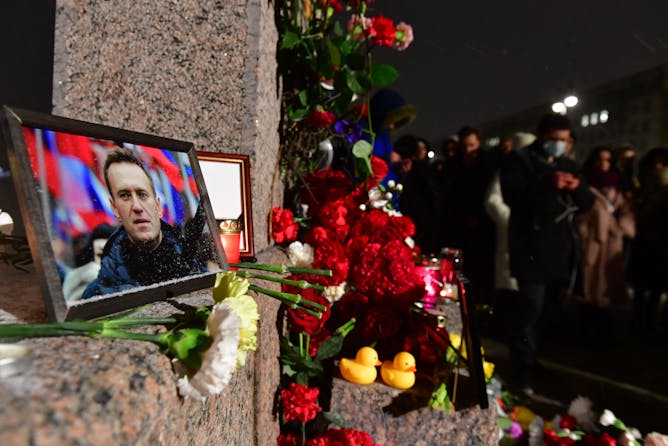
Andreï Kozovoï, Université de Lille
In Russia, individual sacrifice is an integral part of the national psyche.
|
|
|
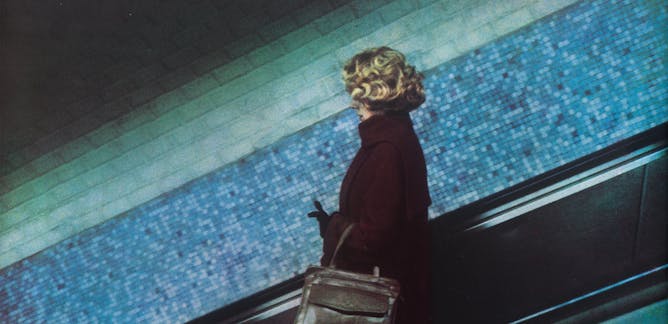
Anna-Louise Milne, University of London Institute in Paris
Ernaux’s sparse writing about everyday encounters gains a new quality against photos from the MEP’s collection
| |
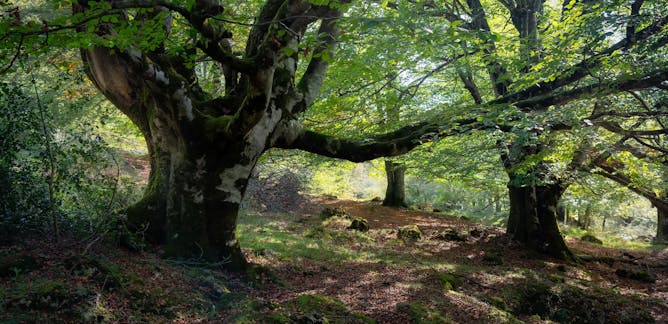
Ricardo Correia, University of Turku
Feelings of “time scarcity” are on the rise, but research shows that natural surroundings can help us to slow down.
|
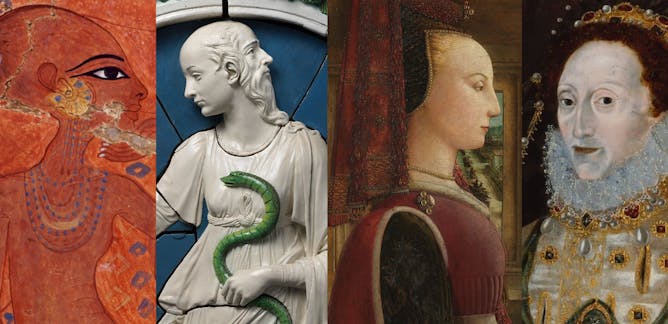
Glen Jankowski, Leeds Beckett University
What changing artistic depictions of women’s alopecia tells us about hair loss today.
| |
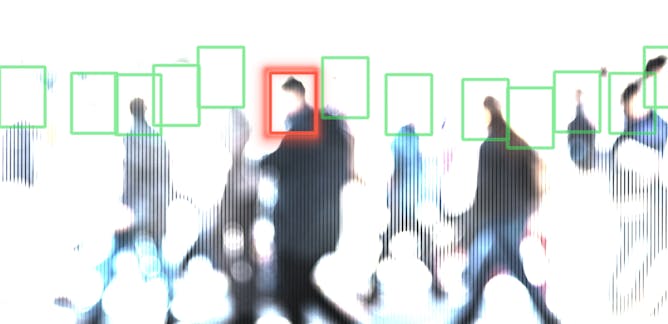
Philip Di Salvo, University of St.Gallen; Antje Scharenberg, University of St.Gallen
Many organisations are asking how far can we trust artificial intelligence, and how we can hold it accountable when it makes a mistake.
|
|
|